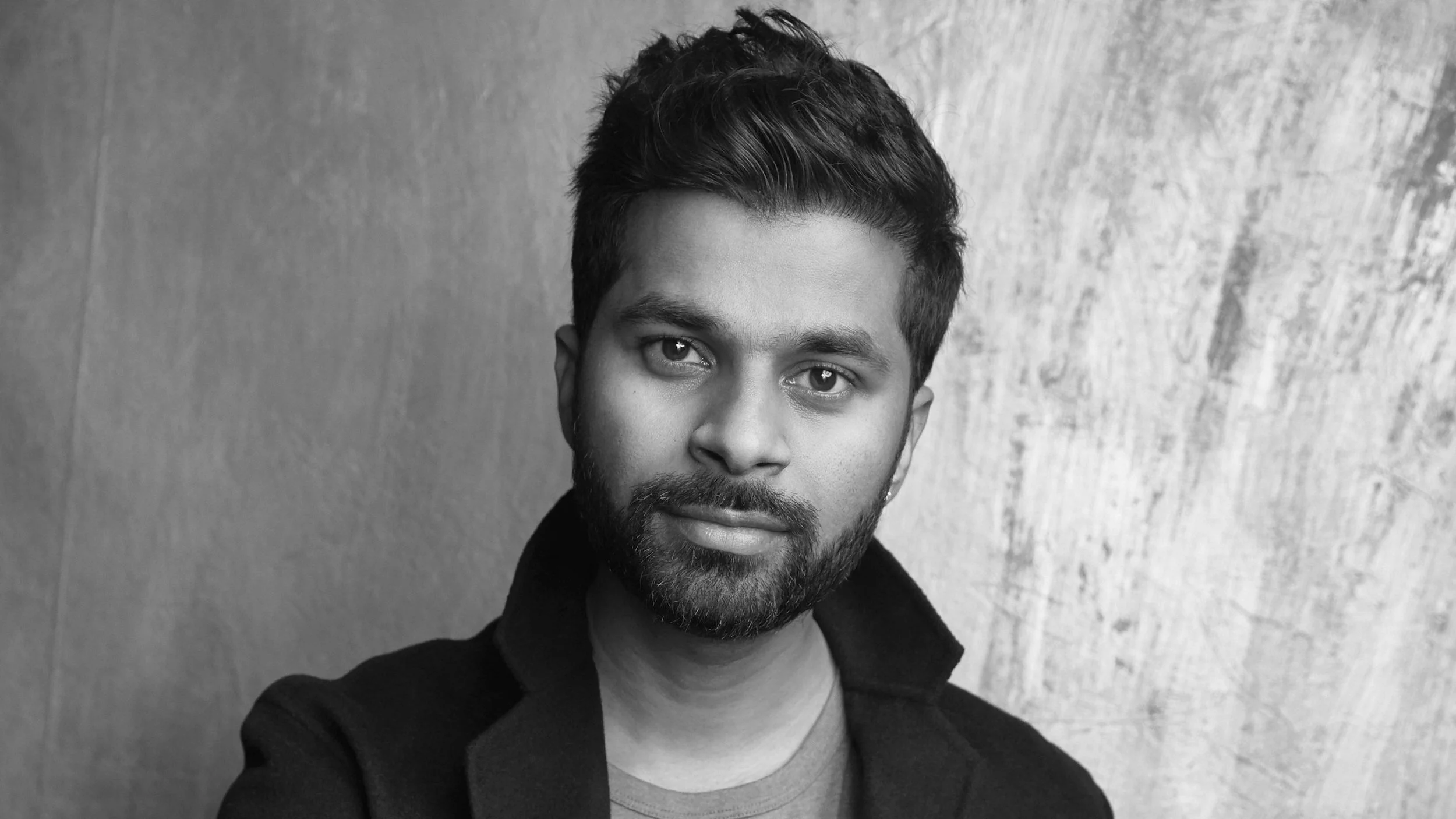Inlaks Research and Travel Grantee 2020: Siddhartha Chandra Mukherjee
Siddhartha Chandra Mukherjee is a 2020 Inlaks Research and Travel Grantee. He is currently a PhD student at the Centre for Historical Studies, Jawaharlal Nehru University. His research delves into the history of electricity in colonial and post-colonial India circa 1900- 1984.
Below, Siddhartha shares his experience at the British Library and anecdotes he chanced upon while conducting his research.
My doctoral project explores the history of electrification in colonial and postcolonial India. I am interested in knowing when, how or at all electricity changed lives in modern India. I wish to explore the how electrical energy competed with the existing ones required for living and was able to secure the place for itself that it has today. This question becomes particularly interesting as electrification in India had started under colonial rule. What the colonial state did with electricity and how the society in India reacted to electrification, therefore, remains a crucial question of social history.
St. Pancras Station near the British Library
Researching the history of electricity in India had taken me to various archives and libraries in the country over the last few years. These visits had pointed me towards the invaluable collections related to electrification in the repositories of Britain. My research required looking at the reports of electric companies, engineers, urban planners and governments for which a visit to the British Library was necessary. The Inlaks Research and Travel Grant enabled me to undertake this visit and access a vast collection of materials related to the electrification of India.
Towards the end of September 2021 I travelled to London. My visit enabled me to consult archival documents at the British Library. I was able to mine the technical manuals, government records and the private papers of bureaucrats, industrialists and the ministers which dealt with the question of electrification in colonial and postcolonial India. Along with the history of the expansion of electrical technologies, these papers also deal with the problems that had to be overcome in order to electrify. These include fascinating nuggets of information pointing towards how a new technology gets entangled with the social fabric of the society. For instance, I have been able to find information about a group protesting against the installation of electric poles because they thought that these would incur the wrath of evil forces. An excavation into colonial period at the British Library has revealed multiple such instances of the many lives of electrical infrastructures. The transfer of power in 1947 brought with the challenges of a nation that was yet to be developed. The private paper of some of the engineers and the politician in postcolonial India allowed me to take a look at how the role of electricity was to be central in the nation’s development. The staff at the library was exceptional and went out of their way to help me locate material that was not available anywhere else.
Along with enabling me an access to the material crucial for my thesis, the visit to the UK has also opened up a platform for exchange of ideas. I was fortunate to meet a group of scholars from the UK, US and Brazil at the British Library who were working on the histories of infrastructure. My interactions with them helped me to think more creatively and enabled me to connect the themes running through my chapters. As we exchanged our work, I began to understand the ways in which one can have a global conversation about infrastructure development in India. The visit to Britain also gave me the opportunity to present a section of my thesis at a modern history workshop at the University of Cambridge. The excellent suggestions of the participants pushed me to think about the problems of writing a social history of technology. These in turn compelled me to reframe what one could hope to gain by writing not just a history of electrification in India, but also a history of technology in general. My colleagues at the workshop alerted me to the existence of new sources in the Bodleian Library at Oxford which I was able to consult towards end of my tour.
Grafitti, London
Apart from being productive in terms of my own research, the trip was also satisfying from the point of view of my general interest in cultural history. The British Library was hosting an exhibition on Ludwig Von Beethoven which coincided with my archival work in Britain. Thanks to an outstanding selection, I was able to see the sheets of his symphonies including the famous ‘9th’. Another exhibition of Paul McCartney’s handwritten drafts of his songs enabled me to see how they looked like before anyone heard them. I was introduced to the writings of Arthur Conan Doyle by my uncle at an early age. Therefore a visit to the Sherlock Holmes museum was a quick rendezvous with past evenings spent mulling over the social profile of London in Doyle’s writings.
The trip was a welcome respite from the isolation forced by the pandemic and I returned to India with new ideas on how to expand my thesis in the future and regaining touch with some evenings from the past. The generous support of the Inlaks Foundation has been crucial in broadening my research enquiries and the visit to the U.K has been instrumental in recasting some of my ideas about the history of technology and answering the questions that are central to writing of my thesis.
Cover Image: Siddhartha at Christ Church College, University of Oxford








